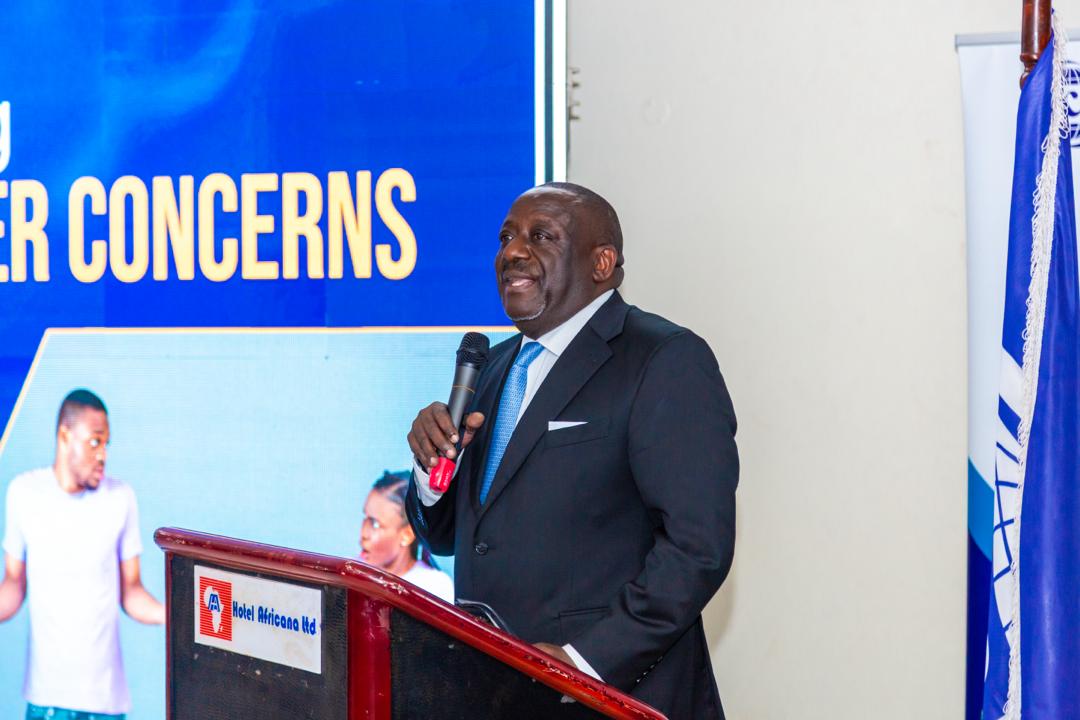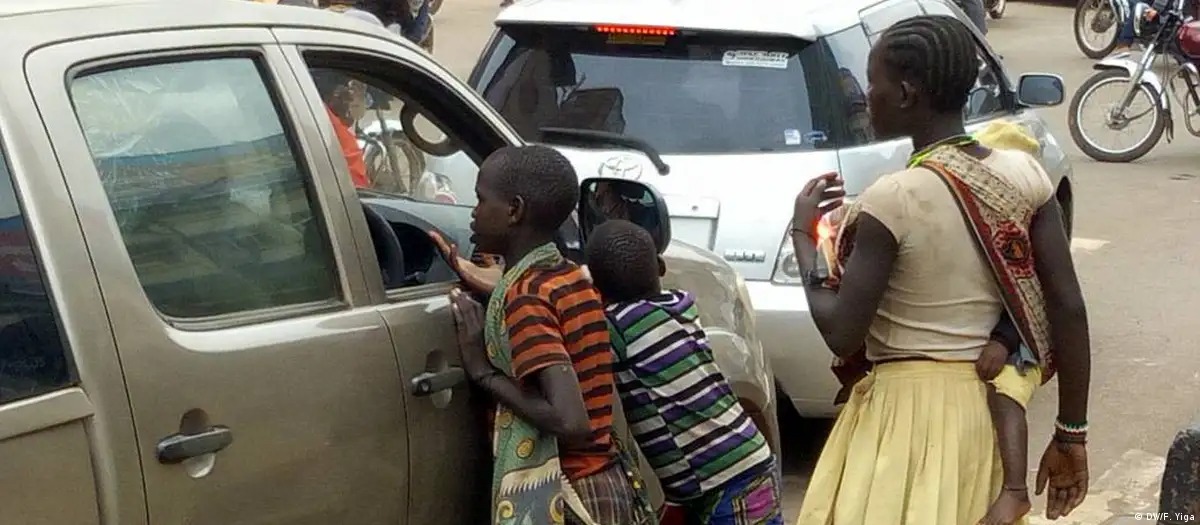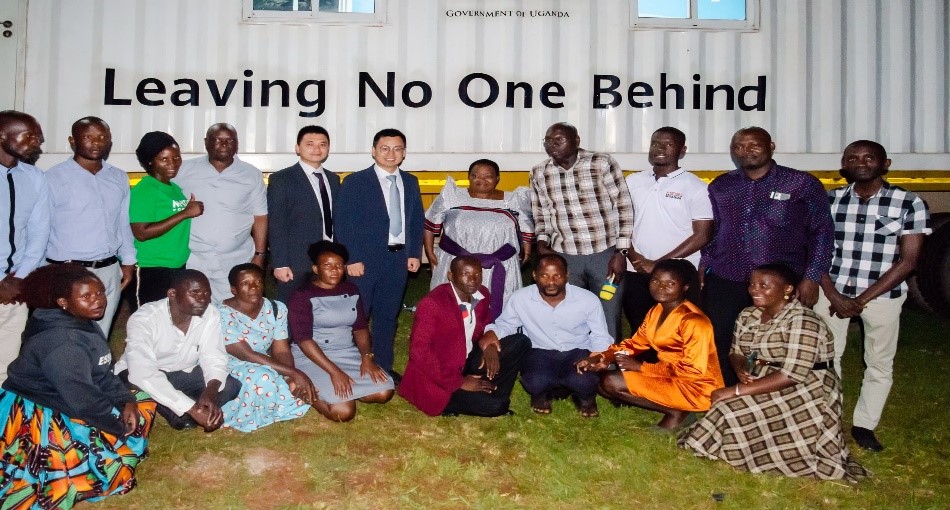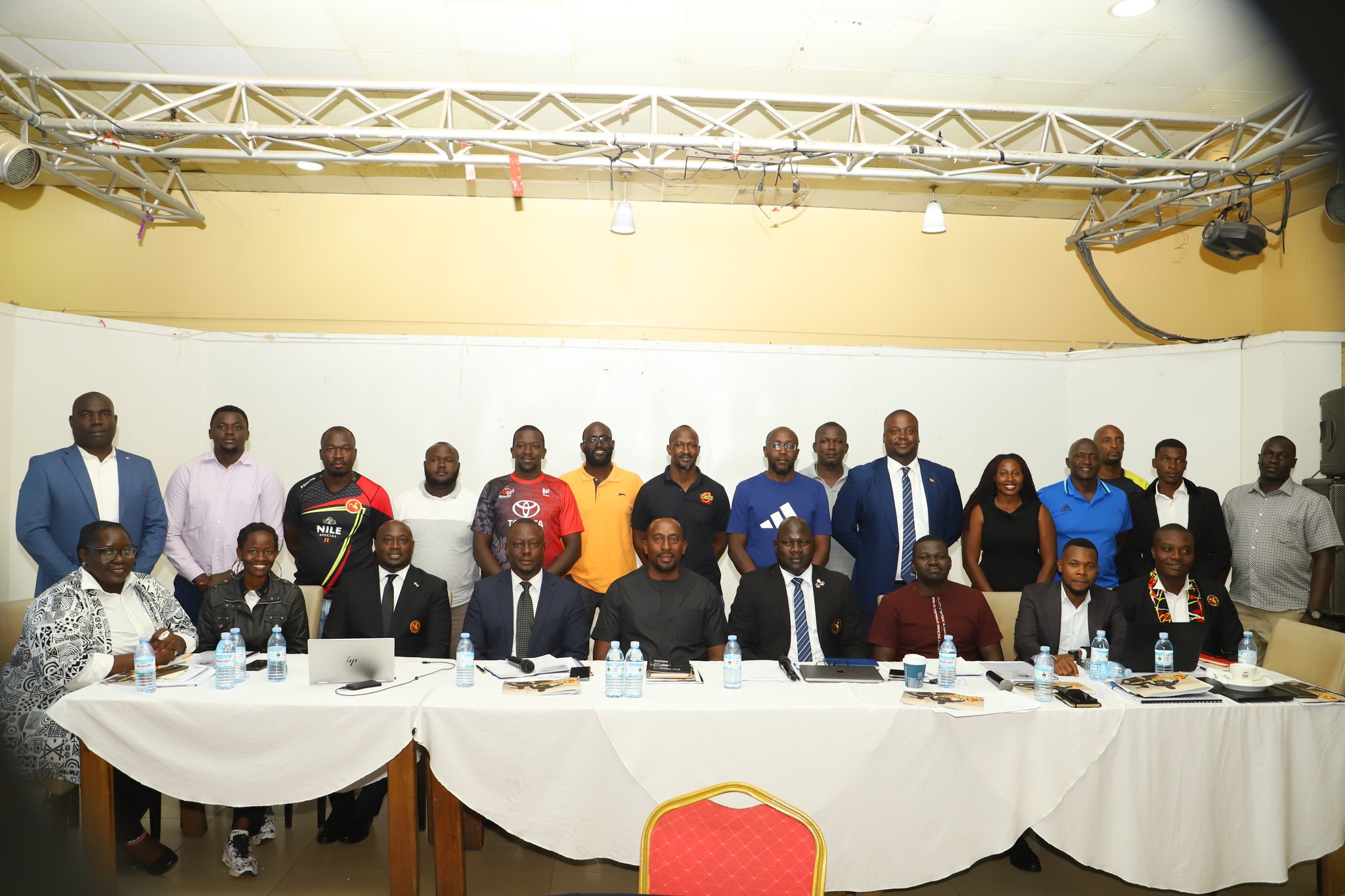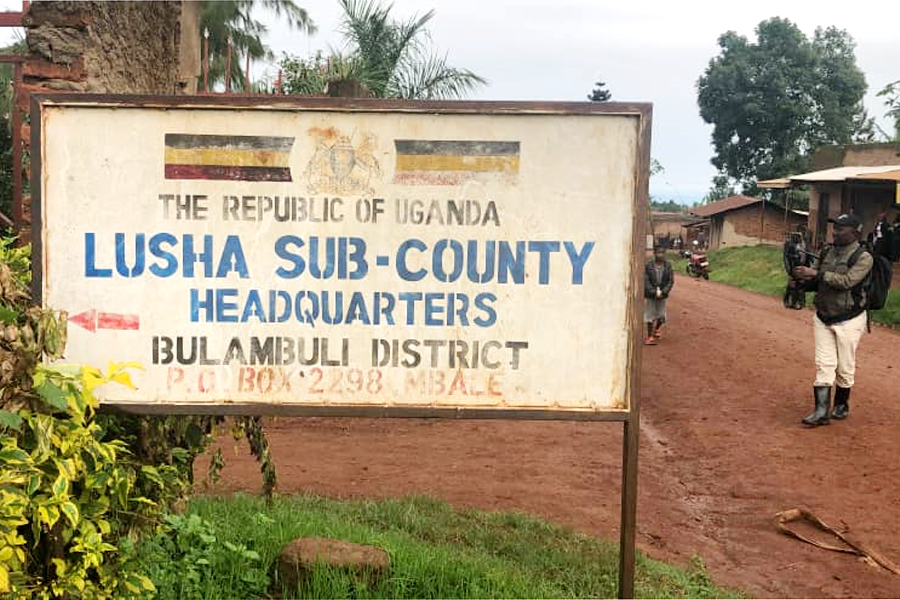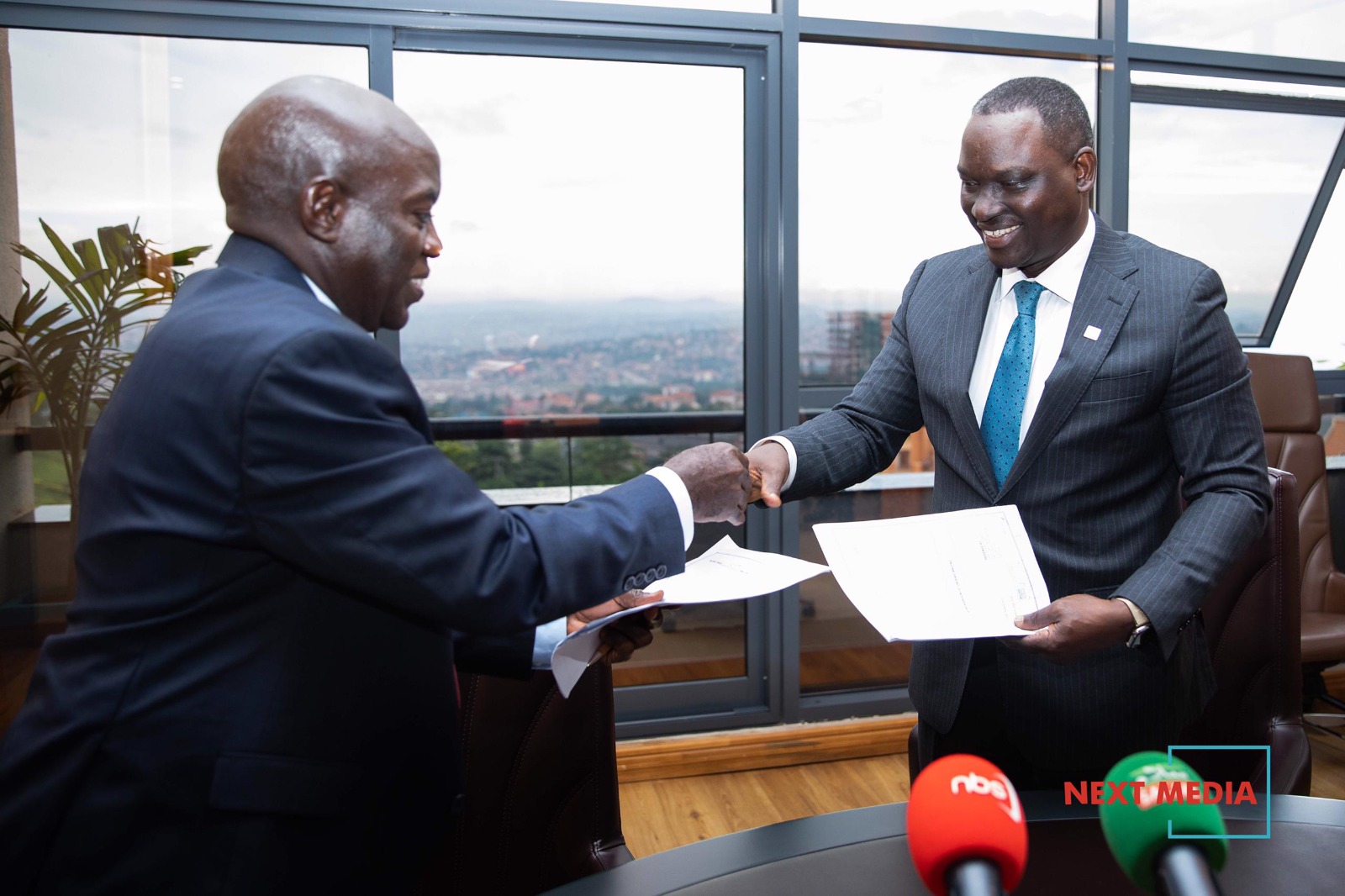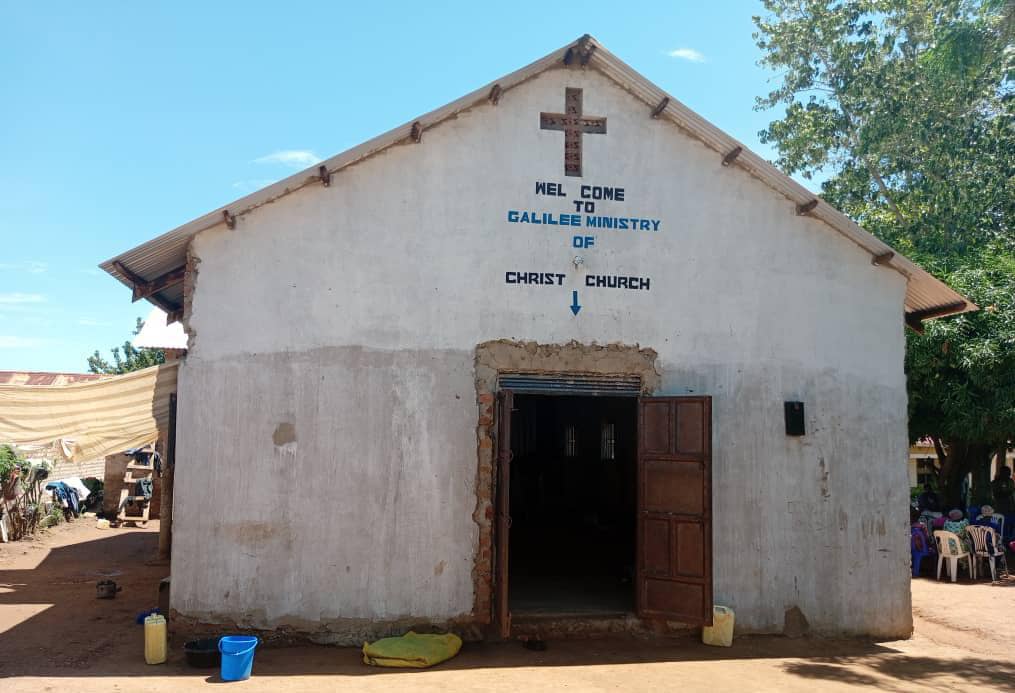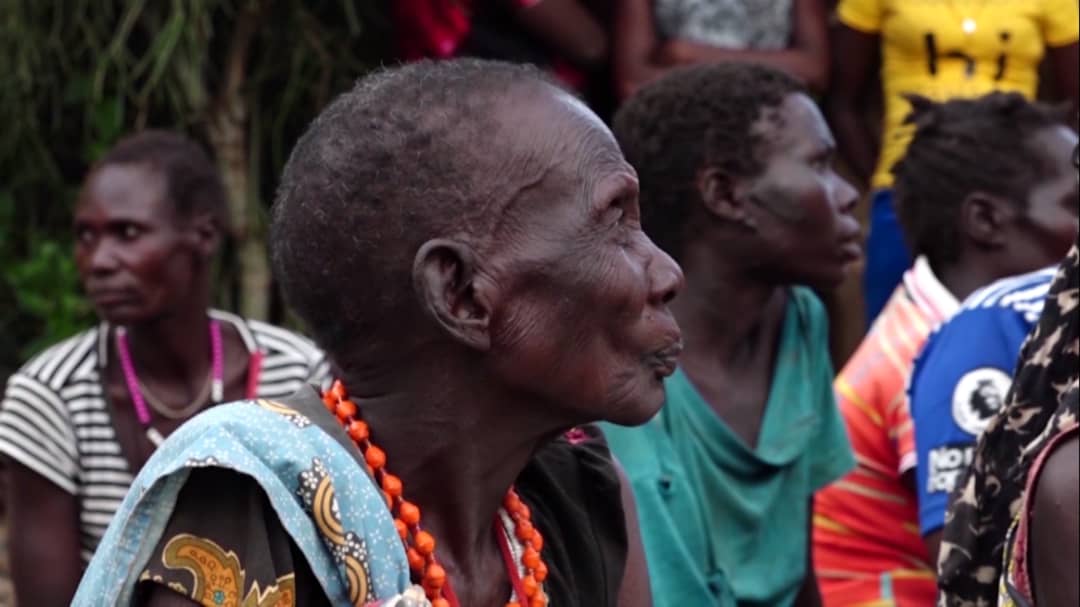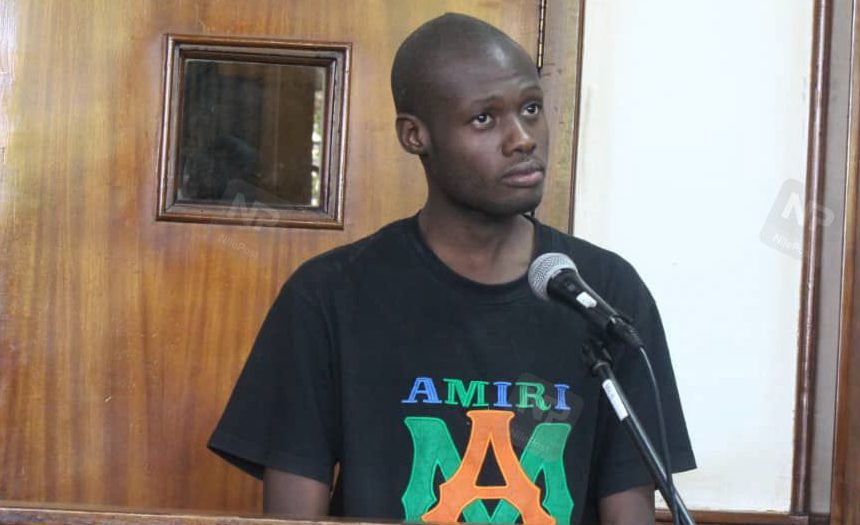Challenges arise in civilians tried in court martials in Uganda

By Josephine Namakumbi
In a significant development within Uganda's legal landscape, the spotlight is now shining on the intricate challenges surrounding court martials involving civilians.
Keep Reading
As the nation grapples with navigating these uncharted waters, legal experts and human rights advocates are raising critical questions about fairness, transparency, and due process.
Complex jurisdictional issues
One of the foremost challenges lies in defining the jurisdictional boundaries when civilians are brought before military courts.
Unlike traditional civilian courts, military tribunals operate under a distinct legal framework, primarily designed to address offenses committed by military personnel.
However, when civilians become entangled in military proceedings, jurisdictional ambiguities can arise, casting doubts on the legitimacy of the process.
Fair trial concerns
Ensuring a fair trial for civilians in court martials poses another formidable hurdle.
Legal observers highlight disparities in legal representation and procedural safeguards compared to civilian courts.
Concerns regarding impartiality, access to evidence, and the right to appeal are at the forefront of these discussions.
Without adequate safeguards, the risk of miscarriages of justice looms large, threatening the credibility of the entire legal system.
Impact on human rights
The ramifications of civilians facing court martials extend beyond legal technicalities. Human rights organizations emphasize the potential for violations of fundamental rights and freedoms.
The specter of arbitrary detention and the use of military tribunals for silencing dissent or targeting political opponents underscores the gravity of the situation.
Upholding human rights principles is imperative to safeguarding the integrity of the judicial process and preserving democratic norms.
Calls for reform
In response to these mounting concerns, calls for reform echo across legal circles and civil society.
Proposals range from legislative amendments to enhance civilian protections within military courts to the establishment of independent oversight mechanisms to ensure compliance with international standards of justice.
Collaboration between legal experts, lawmakers, and advocacy groups is seen as pivotal in addressing these challenges and fortifying the rule of law.
Way forward
As Uganda grapples with the complexities of court martials involving civilians, a concerted effort is required to uphold the principles of fairness, transparency, and justice.
Stakeholders must engage in constructive dialogue to identify viable solutions that reconcile the unique nature of military justice with the fundamental rights of civilians.
Ultimately, the path forward lies in fostering a legal system that commands trust, respects human dignity, and promotes accountability for all.
AI Generated


